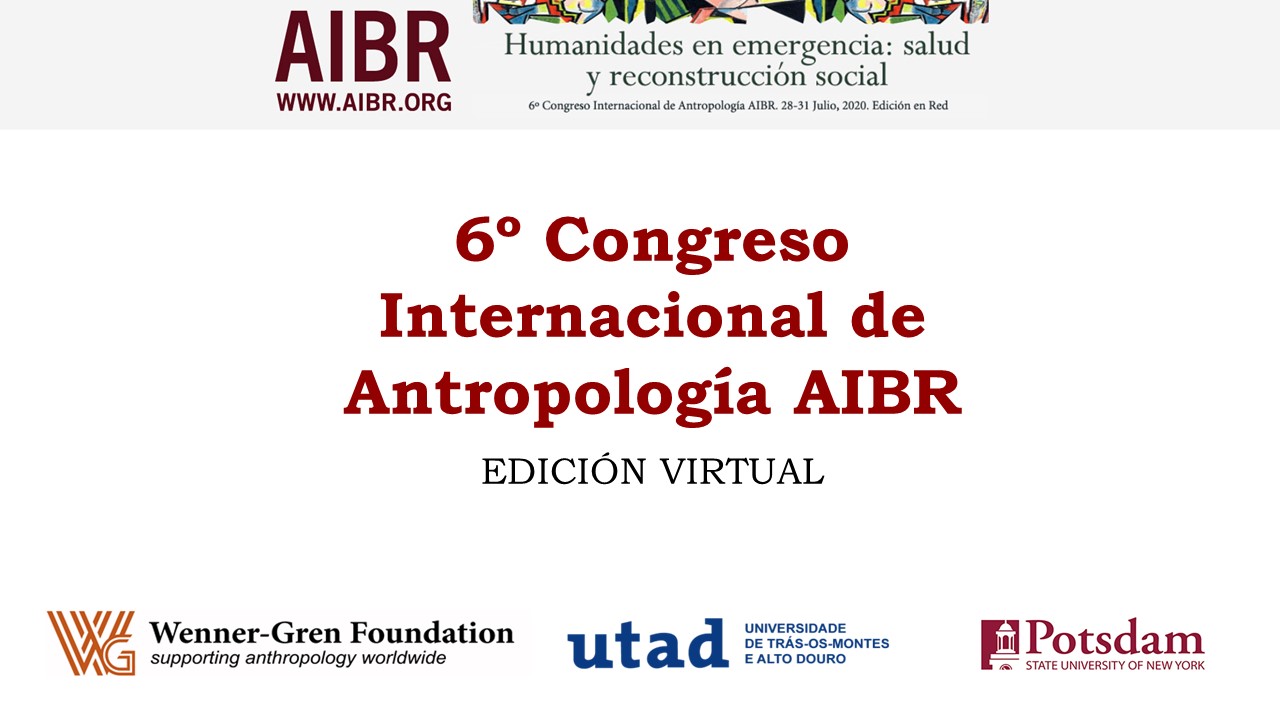Anthropologies of Complexity across Practices and Representations of Migration and Mobility
An anthropology of migration must be inherently ethnographic, since anthropology's disciplinary goals impose the need for the close-range ethnographic observation of the lives of migrant actors. And yet migration is often understood by the wider public and the media through research produced by other disciplines whose more distant and objective (READ: quantitative) approaches make them better equipped to grasp and crunch big global numbers and larger tendencies, such as sociology or demography. Meanwhile, locational and situational analyses of contemporary human phenomena have called for the development of “innovative” research methods that can approach new forms of mobility, typified by e.g. virtual co-presence, multi-sited or simultaneous online-offline activities, or distributed infrastructures and algorithms – in addition to the vast range of “physical” migration processes and practices which exist. Moves to focus on such new forms of mobility may reflect an atomization of efforts at understanding lives in movement of people that are reshaping the world. This paper discusses these methodological frictions reflecting different scales, tempos, spaces and spheres of movement, calling for a socially relevant anthropology of migration that can synthetically address these different magnitudes, without aiming to resolve a tension which is transversal to our living in the contemporary world. It considers a broad spectrum of mobile processes, practices and representations – from forced migration to elite mobility, post-tourism to space tourism.










